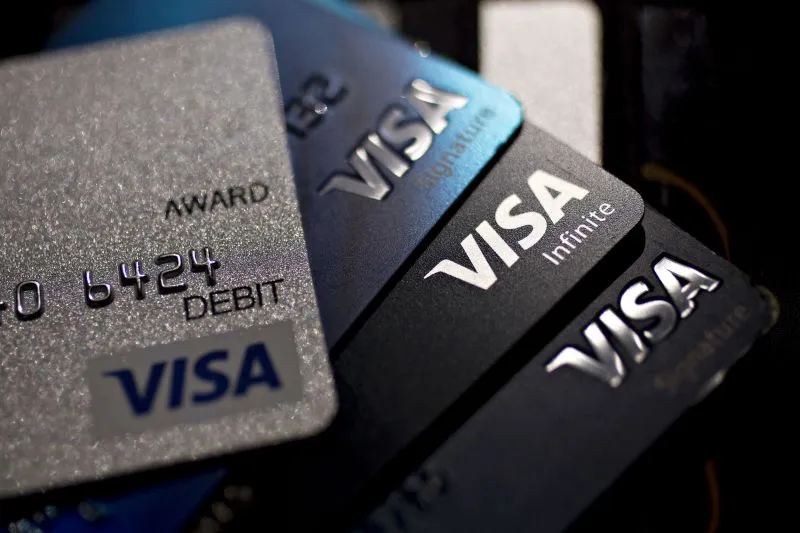US Justice Department's Antitrust Case Against Visa: An Illegal Monopoly Impacting Prices

US Justice Department Files Lawsuit Against Visa
The US Justice Department has filed a lawsuit accusing Visa of exploiting its dominant position to illegally monopolize the debit card market. For over a decade, Visa has allegedly forced businesses to rely on its network, hindering competition.
Impact on Consumers and Competition
Attorney General Merrick Garland asserted that Visa's control allows it to charge exorbitant fees that merchants pass on to consumers, inflating prices across the market. Key points of the lawsuit include:
- Visa holds over 60% of the debit transaction market
- Over $7 billion in processing fees charged annually
- Exclusivity agreements preventing vendor competition
Visa's Defense
Visa claims the lawsuit is meritless and emphasizes the competitive landscape of online payment options growing rapidly. Visa is not just a dominant player; it alleges there are many capable competitors entering the market.
Ongoing Antitrust Actions
This case is part of the Justice Department's broader strategy against anticompetitive practices, following recent actions against companies like Google and Live Nation.
Conclusion: Market Implications
As this antitrust suit unfolds, the financial implications for Visa and the broader business environment remain crucial for stakeholders across the industry.
This article was prepared using information from open sources in accordance with the principles of Ethical Policy. The editorial team is not responsible for absolute accuracy, as it relies on data from the sources referenced.